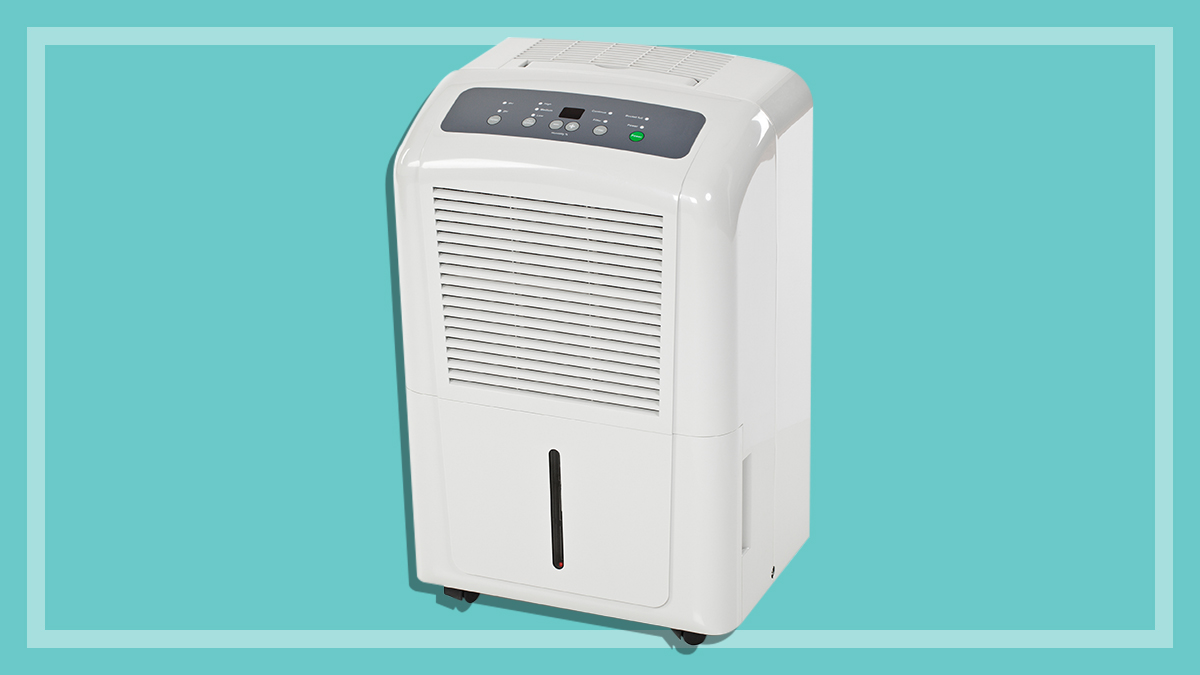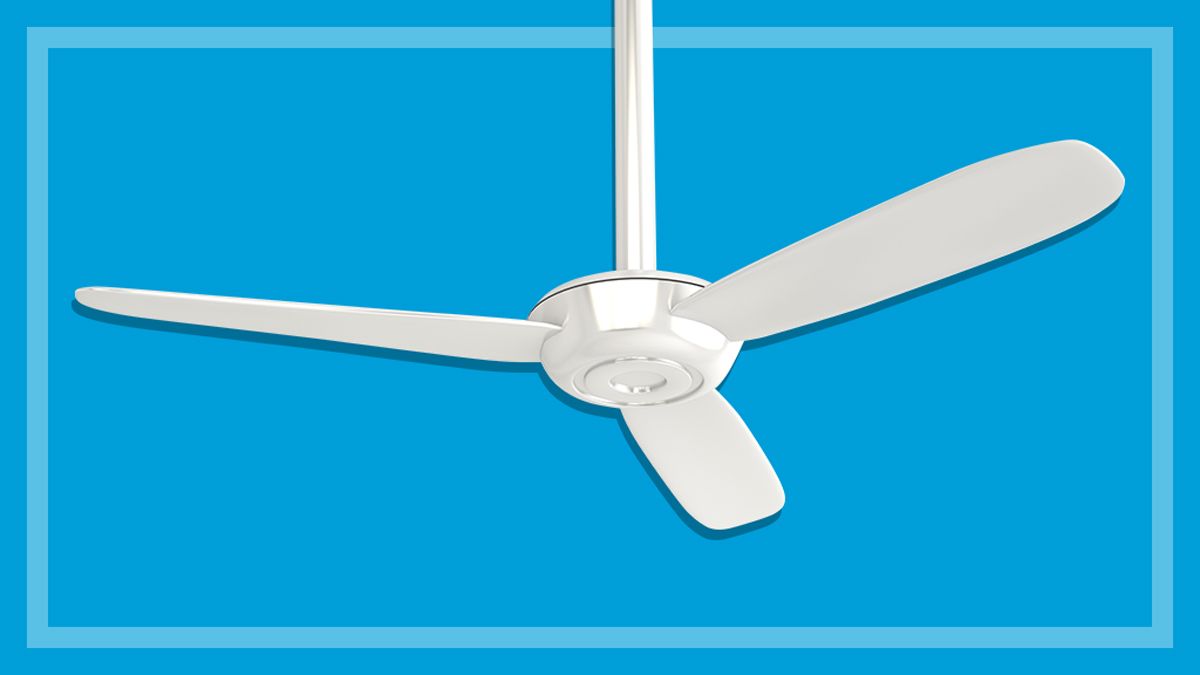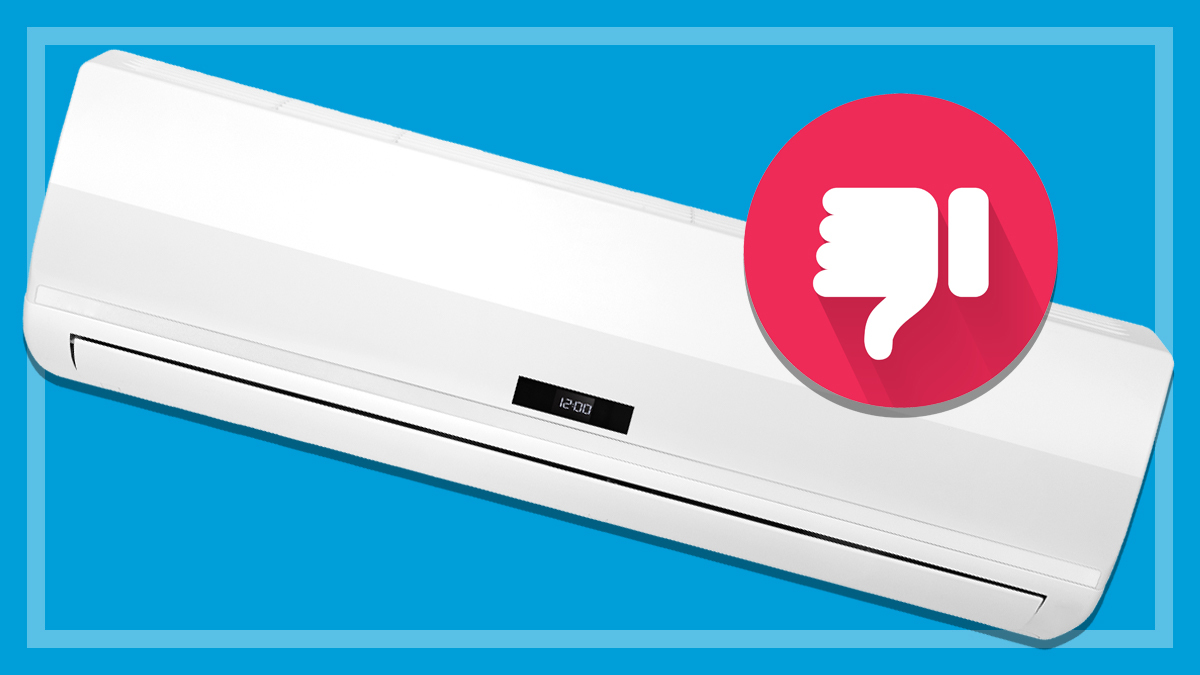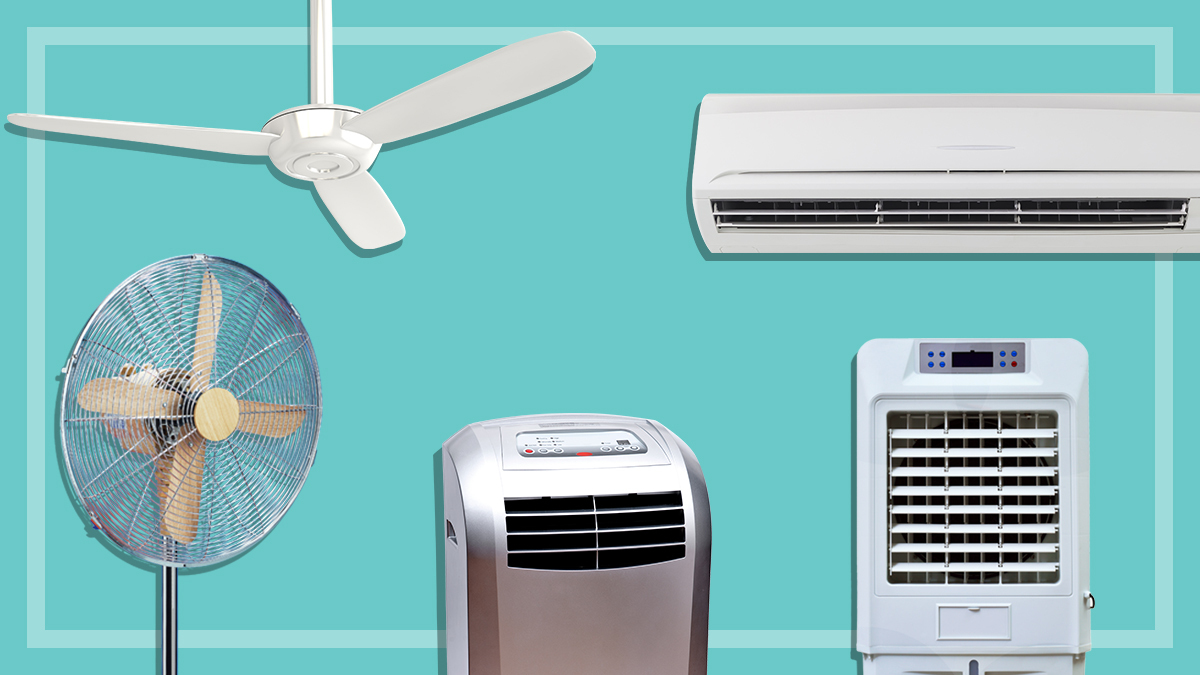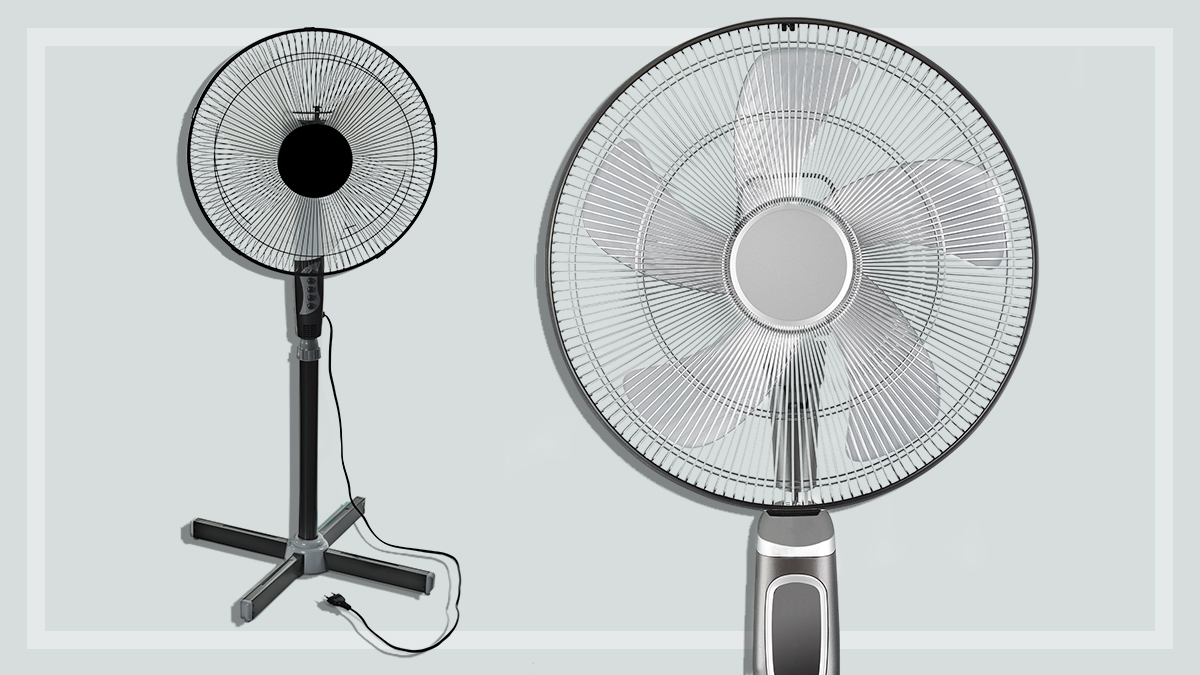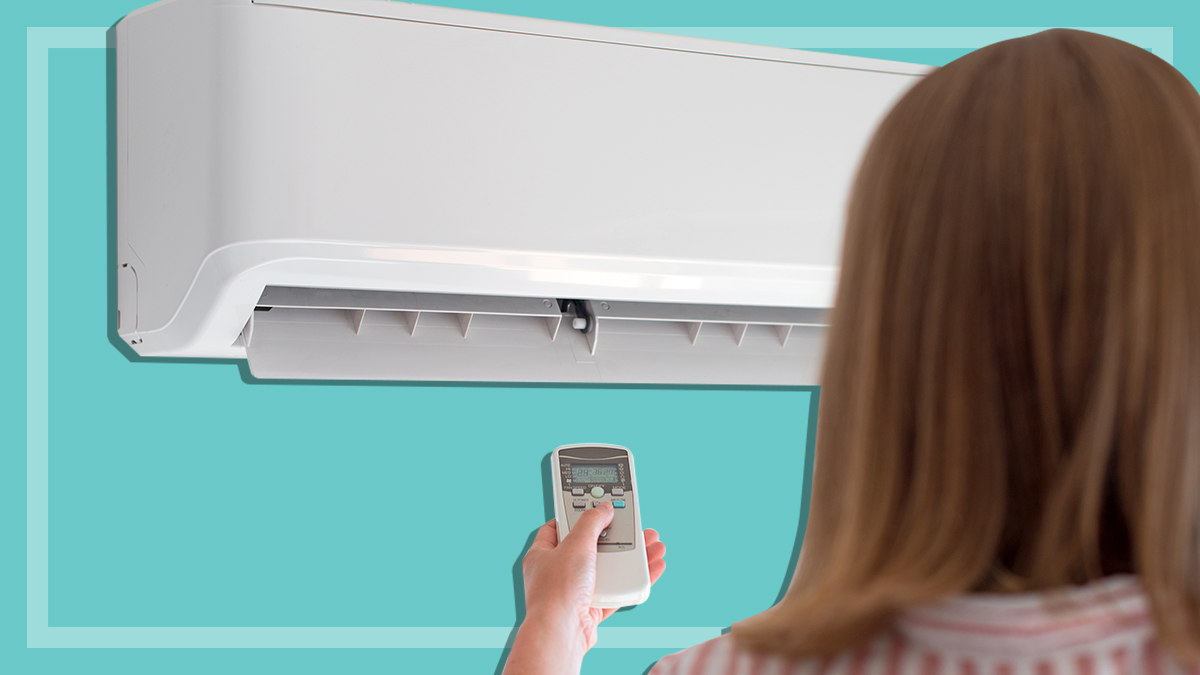Get our independent lab tests, expert reviews and honest advice.
Dehumidifiers to avoid buying
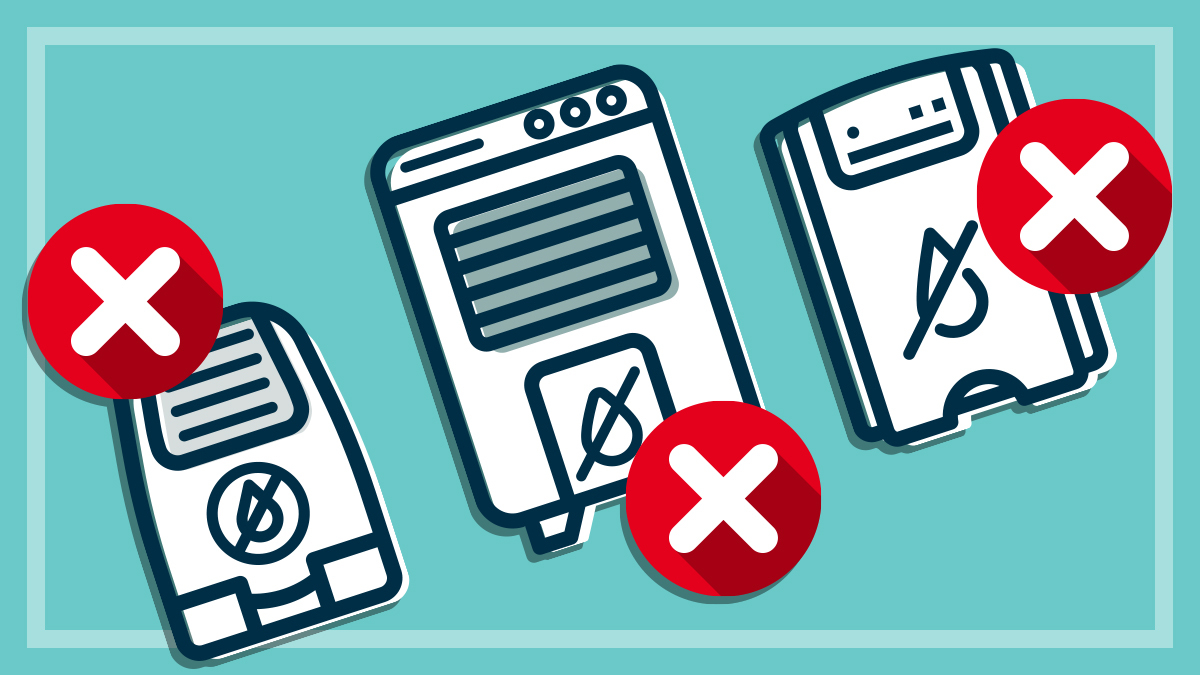
When you need a dehumidifier, you REALLY need one. Whether you’re dealing with a water leak, mould, rainy days or humidity, a good dehumidifier can help take care of your damp dramas.
But a dud dehumidifier will only extract one thing: the dollars in your bank account.
Not only can dehumidifiers be expensive to buy, they can be pricey to run, so choosing a poor-performing model will see you losing money twice over.
One dehumidifier in our latest test scored just 24% for water removal.
Choosing a poor-performing model will see you losing money twice over
With a score that poor, you might find that a better use of your cash is to use a fan or a cheap product like DampRid.
Priced between $200 and $400, the four worst performing products in our test fall at the cheapest end of the price range for dehumidifiers and, unfortunately, we’ve found that cheaper models don’t always perform as well.
However, if you can stretch your budget a bit, you’ll have more luck: nine products recommended by our experts cost $600 or less.

Breville LAD208WHT
- CHOICE Expert Rating: 54%
- Water removal score: 28%
- Price: $369
This dehumidifier received one of the lowest water removal scores – just 28% – which hurts considering it costs $369.
It fares well for energy efficiency, which means you’ll save a bit of money on its running costs.
(Though that’s arguably not that helpful if it’s not actually doing the job you bought it to do).
Don’t write the brand off completely though – other Breville models fared better in our testing
If you can stretch your budget a little further, our review has uncovered other models that will give you much better overall performance for your money – in fact, we recommend a few models that cost around $450.
Don’t write the brand off completely though – other Breville models fared better in our testing, so do your research to ensure you buy the right one.
Read the full Breville LAD208WHT review.

Kogan KADEHUM6LFA
- CHOICE Expert Rating: 55%
- Water removal score: 24%
- Price: $200
This Kogan klutz scored just 24% for water removal, which was the lowest score received by any model in our testing. In fact, both Kogan dehumidifiers we tested make this list to avoid, which means you probably want to avoid the brand altogether if you’re in the market for this kind of appliance. Not only do they not perform well, but they also offer only a poor one-year warranty.
Not only do they not perform well, but they also only offer a poor one-year warranty
This model did receive a rating of ‘very good’ for energy efficiency and is easy to use, but how beneficial is that if it can’t do the one job you need it to do well?
Read the full Kogan KADEHUM6LFA review.

Kogan 2 in 1 Dehumidifier and Air Purifier KAS2IN1DAFA
- CHOICE Expert Rating: 56%
- Water removal score: 32%
- Price: $330
This Kogan option will give you a dehumidifier and an air purifier in the one appliance. It might sound great and space-saving to have a 2 in 1 appliance but not if it can’t get the job done – as we found with this model.
Its performance is less than impressive.
It may be energy efficient and easy to use but it rated ‘poor’ for where it matters most, scoring only 32% for water removal.
Read the full Kogan 2 in 1 Dehumidifier and Air Purifier KAS2IN1DAFA review.

Beurer LE30
- CHOICE Expert Rating: 56%
- Water removal score: 31%
- Price: $400
This dehumidifier from Beurer is very easy to use and offers very good energy efficiency, but that doesn’t make up for the fact that it scores poorly for water removal, scoring only 31%.
It also has one of the smallest tank capacities out of the models we tested.
You’d be disappointed if you spent $400 on this model to find it can’t do the one job you need it to do. If you’re willing to spend a little more, there are other options that we’ve tested that’ll give you better performance.
Read the full Beurer LE30 review.

